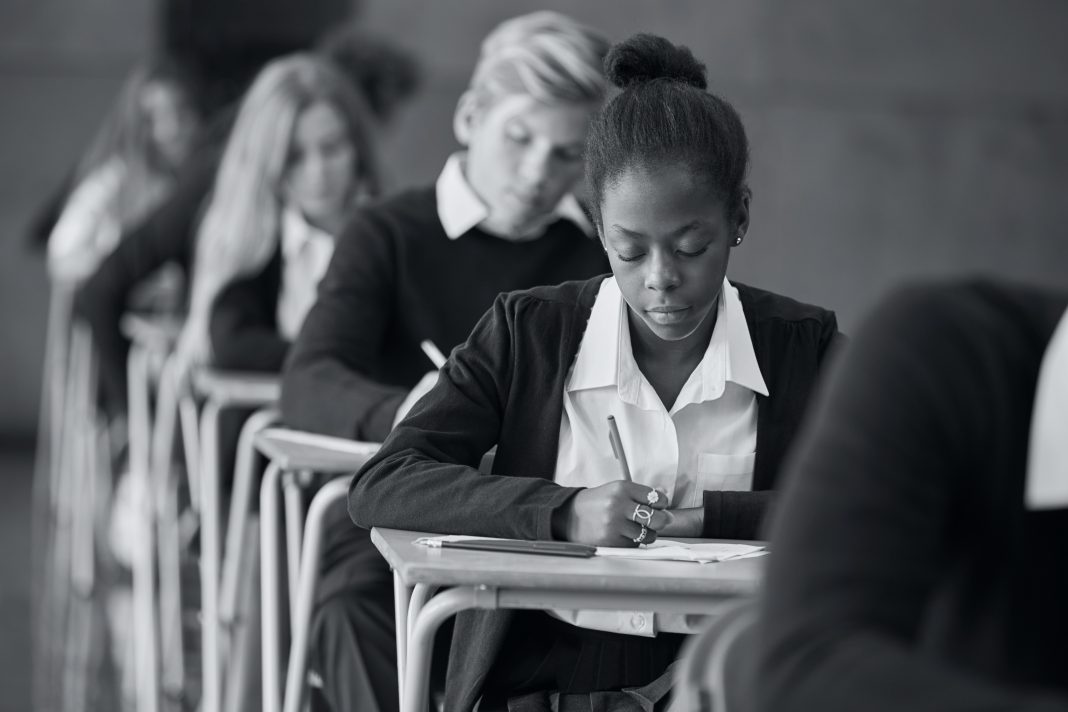Halima Jibril, History student and Founding Editor of Ashamed Magazine, discusses the experiences of Black children in British schools and calls for education outside of traditional schooling
It was 4pm. A Tuesday, I think. The sky was getting dangerously dark and I was getting ready for my first and last lecture of the day. Before I left my room, I wanted to look in the mirror one last time, but my phone buzzed. I was getting a call from my sister. If I’m being honest, I was annoyed by this; I didn’t want to get into a long conversation with her before class, so I answered the phone in an annoyed tone: “What do you want Safiyat?”
To my surprise, it wasn’t my sister’s voice. It was my favourite history teacher from sixth form, but there was no time for our usual banter.
Safiyat suffers from severe anxiety, which is something her school knew about. My history teacher further explained that my sister was having a panic attack in the drama building, when the new drama teacher tried to touch her. My little sister told this woman, through staggered breaths, that she did not want to be touched. She didn’t listen.
As she kept trying to approach my sister while ignoring her pleas, Safiyat sternly told this woman to fuck off. In the midst of all this, my sister’s braids also hit the drama teacher.
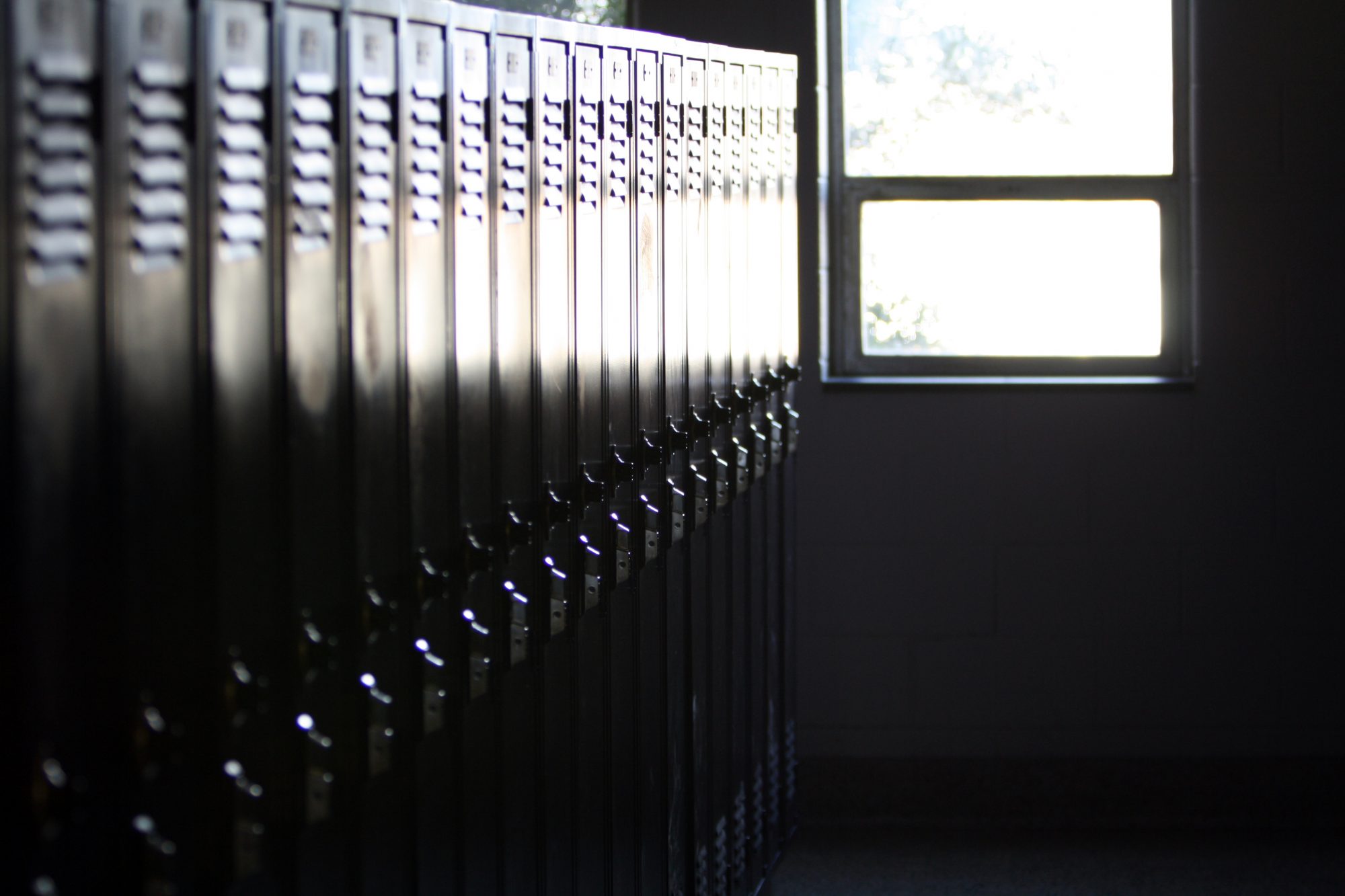
This moment of vulnerability led to my old sixth form making the decision to exclude my little sister for ‘behaving aggressively’ – during the most important year of her academic life.
As my history teacher was explaining this to me, I was trying to stay calm. I knew I would be no help to my sister if I was crying alongside her. Instead, I cried on the phone to my mum. My sister and I are only a year apart, and many people say we look very alike.
Our main difference was our behaviour.
Hypervisibility in the classroom
In school, my sister was described as argumentative and mean, while teachers commented on how kind and agreeable I was. I learned rather quickly when I started school that I had to flatten myself. Teachers would constantly say the same thing to me: “Halima you’re too loud! Too this! Too that! Too much!”
I didn’t understand why I was so hypervisible to everyone around me, but I knew I didn’t want to hear those comments anymore. So, flattening myself felt like the only option. My sister on the other hand, never did that. She was always the fullest version of herself. She didn’t care what my mother said, what her teachers said or even what I said. She spoke her mind, she stood up for herself and always laughed the loudest. Black girls, Black boys and all Black children, are denied the ability to be their fullest selves under the British school system, and when we are, we are punished.
In 2020, a study was conducted by The American Psychological Association (APA), highlighted that prospective teachers are more likely to see Black children as angry than white children. In the study, 178 prospective teachers from three Southeastern universities viewed short video clips of 72 children ages 9 to 13 years old. The children’s faces communicated one of six emotions: happiness, sadness, anger, fear, surprise or disgust. The results of the study showed that Black boys and girls were misinterpreted as angry at higher rates than white children, particularly Black boys.
What hurt me the most about my sister’s exclusion was the fact that she was finally in a place where she enjoyed going to school. Sixth form, with all its faults, was the first place she had less contact with abusive teachers and more time to truly formulate her own academic voice. She loved going to school every day, but this was a cruel reminder that the British education system, in its current state, will never, love her back.
#BLM and the school system
Following the murders of George Floyd, Breona Taylor, Dominique Rem’mie Fells and countless other Black people in America and all over the world, all aspects of the Black experience have come into hyperfocus. Many Black people are reminding white and non-Black people that the Black Lives Matter Movement is not just about the police murdering and harassing Black people, but about recognising and abolishing all systems that brutalise Black life.
One of the systems that a lot of young people are campaigning against is our current educational system and national curriculum.
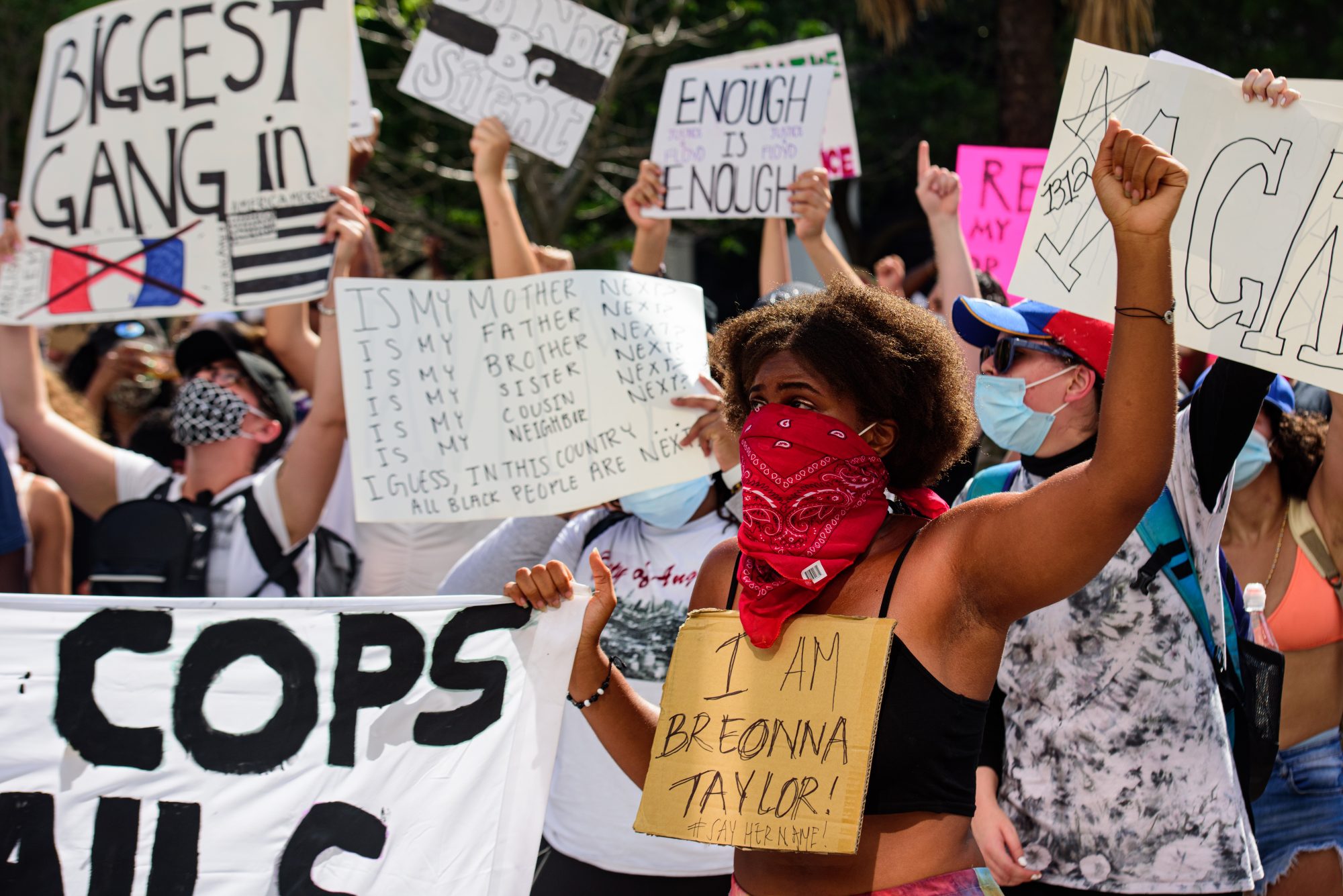
On 5 June, The Black Curriculum (and other organisations campaigning for changed curriculums) wrote a letter to the Education Secretary, requesting a meeting with him to discuss making Black British history a mandatory part of the national syllabus. The Education Secretary rejected their request to meet, as in his words, “the national curriculum as a framework is broad, balanced and flexible allowing schools to teach black history.” There was also a very popular survey brought to Government attention, the Impact of Omissions by Esmie Jikiemi-Pearson and Nell Bevan.
The Government responded similarly to this survey, suggesting that these topics are already offered, and it is entirely the school’s responsibility to teach them.
Our national curriculum isn’t balanced.
We all know this isn’t true. Our national curriculum isn’t balanced. The Impact of Omission survey with over 55,000 responses proves that these topics are neglected in schools. On the 13th of July, The Black Curriculum announced that they received a second response from The Minister for School Standards, Nick Gibb. A meeting will take place, although not until COVID-19 is over. Even with an amended response, I am not hopeful.
On the 13 August, 2020, A-level results were released.
Students from disadvantaged backgrounds were hit the hardest by the classist standardisation process that determined these crucial grades. State school students were being significantly downgraded, while private schools (filled mostly with white students) benefitted the most. Statistics from Ofqual highlight that the amount of A and A*’s increased by 4.7% among privately educated students compared to 2019, while in state school the amount only rose by 0.3%.
A levels 2020 Protests, Downing Street 14/08/2020 pic.twitter.com/5SLAVU0mns
— Sylvie Belbouab (@sylviebelbouab) August 14, 2020
After student protests outside the Department for Education the following weekend, there was a “spectacular” U-turn – Education Secretary Gavin Williamson announced that the Government would scrap the controversial standardisation model and award students their teacher predicted grades instead. Many people rejoiced at this decision as it drastically changed their futures, yet key issues remain unaddressed. The U-turn doesn’t include BTEC students, and teacher predictions are problematic for Black students, with only 39.1% of Black students predicted grades being accurate.
Teachers, whether they admit it or not, have racial biases and tend to predict black students lower predicted grades. Anti-blackness is everywhere, and this U-turn doesn’t change the fact that all Black students will not be given the grades they deserve. This is a recent example of racism within our archaic education system – Black students cannot win under it.
As a history student, I believe that education is at the root of tackling racism. White Supremacy, as defined by Dictionary.com, is “the belief, theory, or doctrine that white people are inherently superior to people from all other racial and ethnic groups, especially Black people, and are therefore rightfully the dominant group in any society.” Students at all levels are given a Eurocentric and white supremacist education in this country and this constant influx continues to reproduce our racist society. However, I do not believe we can work alongside the British Government to give Black children the education they deserve.
The UK Government has rejected thousands of petitions
The British education system was created to uphold white supremacy. This is the reason that the UK Government has rejected thousands of petitions demanding the truth about colonial history be taught along with making Black history a mandatory part of the syllabus. This is why going to University is still not free. The British Government consistently fails to take appropriate action, because this system benefits them.
The bitter seeds of our modern education
Mass schooling was introduced in the Victorian era, to strengthen the “imperial race,” meaning White Britons. In the 1860s, British capitalists were worried about competition with Germany, and the disappointing British showing at the Paris Exposition in 1867. They believed this exemplified British backwards-ness in terms of technological education.
Following this, in 1870, W.E Foster, Vice-President in charge of the Education Department stated that “civilised communities throughout the world are massing themselves together and if we are to hold our position among men of our own race..[we must] increase the intellectual force of the individual.”
Mass education was seen as a way to reproduce, reinforce and strengthen the imperial race, in order to continue ruling the Empire. As Black children are removed from schools, academically undermined, bullied and as aforementioned flattening themselves just to survive, white children are nurtured and taught false truths to continue upholding white supremacy.
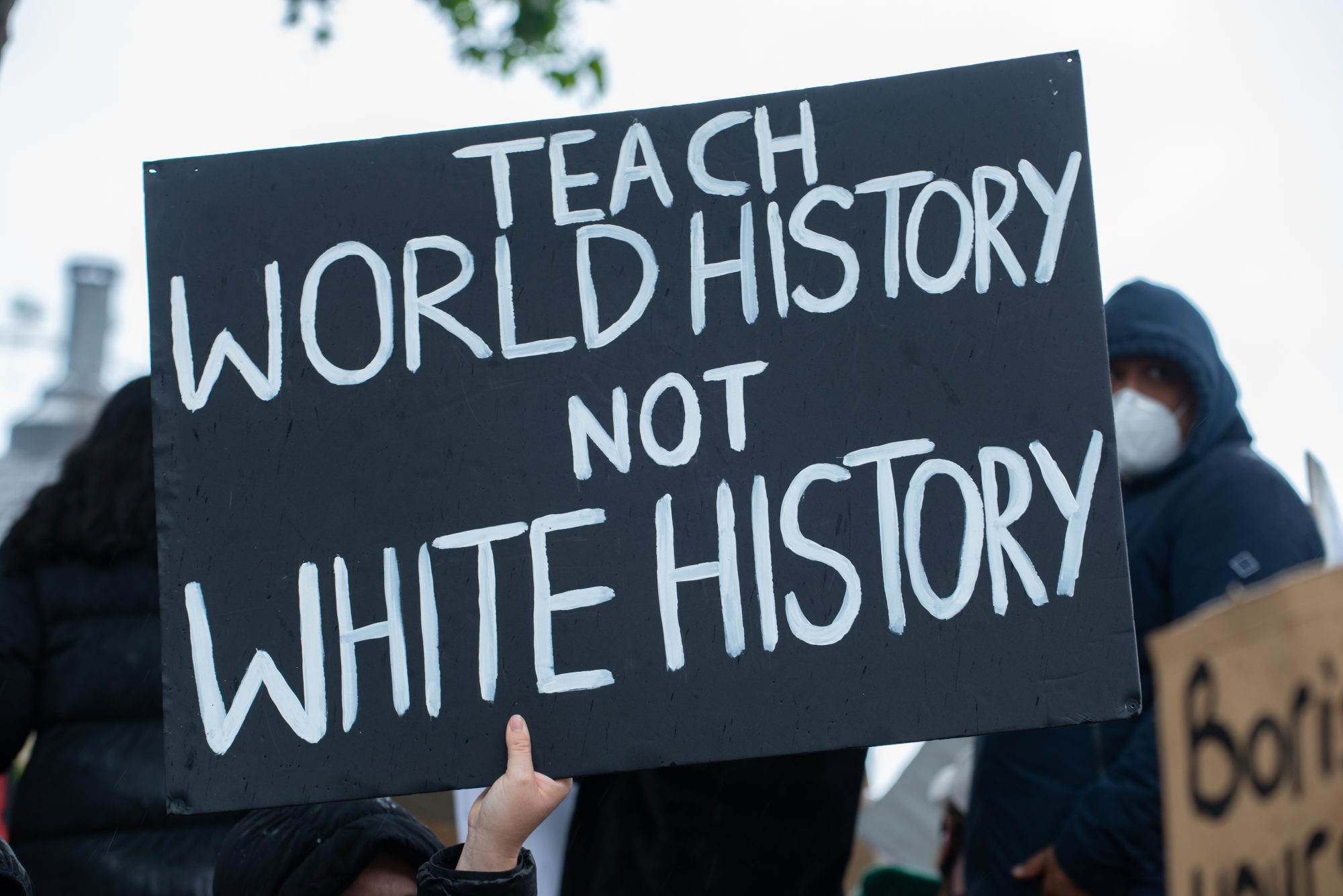
My sister’s exclusion was not a surprise to me. In 2019, Education Datalab stated that “Black Caribbean pupils were approximately 3.2 times more likely to be permanently excluded than other pupils.” In 2005 the Department for Education and Skills came out with a priority review stating that “Black pupils are three times more likely to be excluded than their White peers.” Professor in Education Mike Cole, highlighted in his article ‘Brutal and stinking’ and ‘difficult to handle’: The Historical and Contemporary Manifestations of Racialisation, Institutional Racism, and Schooling in Britain’ that Black children have historically always been pushed out of schools. In the 1960s Sir Edward Boyle, the Minister for Education, heard complaints from white parents in Southall, London, that there were too many immigrant children in their schools.
Parents wanted segregated classes, as they believed mixing would stunt their children’s academic progress. This was a popular belief because of biological racism. As a result, a policy was put in place to ensure that ethnic minority children only made up 30% of students in any one school.
Then in 1971 Grenadian teacher and radical Bernard Coard exposed the discriminatory system known as ‘sin-bins.’ This system disproportionately placed Black students in disciplinary units, as Black children were regarded as aggressive and threatening. From the 60s to the present day, every attempt is made to remove Black children from schools.
Anti-racism: Outside the two-party system?
The Conservative Party do not want to create the change Black students deserve. I also do not believe the Labour Party, especially under its current leadership, can create the change Black students deserve either.
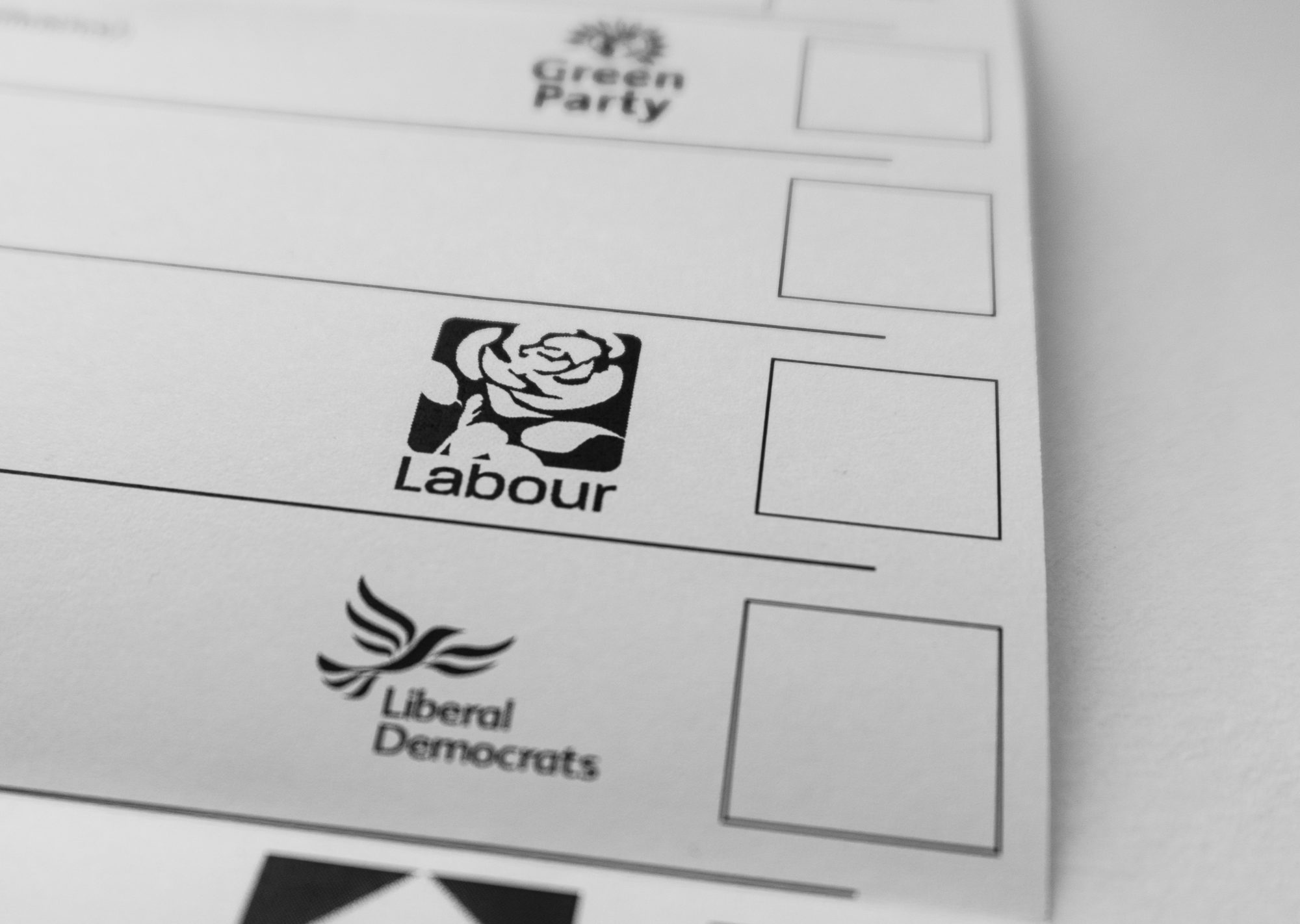
In order for real change, they need to stop being agents of white supremacy and neither party has shown any consistent commitment to eliminating white supremacy and abolishing whiteness.
Organiser Da’Shaun Harrison defined whiteness as “the structure by which power and violence are exacted onto non-white, colonized subjects. It is boundless in that it shapeshifts and transforms as it needs to, as to ensure that Black and other racialized folks who do not have access to whiteness are constantly at the crux of the exploitation and violence it exhibits.”
It is a social construct of violence.
Former Labour Party member Jackie Walker, came out recently stating: “Labour is structurally racist.” Christopher Day, an anti-racist activist argued that “the grip that whiteness has on the consciousness of the majority of people in this society is an immediate and persistent obstacle to building any serious movement for radical change. It is not a simple matter of doing the right thing, because whiteness obscures in our minds what the right thing is.”
Whiteness prohibits our Government from taking the necessary steps to properly reform our education system. Thus, I believe we need to follow in the footsteps of the Black radical activists before us who created ways of learning outside the state apparatus.
History repeating itself: Education without the state?
In the United States the Black Panther Party setup ‘liberation schools.’ The goal was to provide a political education from a perspective that would allow the pupils to think outside of the constraints of the mainstream. The Panther school taught students to prepare for the Marxist revolution, explaining that racism was a permanent feature of Western society, and therefore framed revolution as a necessity.

Black people in Britain similarly created Black-led spaces of education in the mid-1960s, because of the failures of the school system and the racism many parents saw their children face. In the early 70s, the Brixton Black Women’s Group, a socialist group helped establish supplementary schools, Black community bookshops. They also lobbied for a more critical education, like the Panthers, that would teach the histories of colonial violence and imperialism that are suppressed by the British Government.
Now, we are seeing the launch of The Free Black University, founded by Melz Owusu. This is a project that aims to decolonise education and deliver open access online lectures exploring radical and transformation topics, build an online library of radical readings and much more. More of our energy should go into supporting organisations like The Free Black University, rather than asking for reform. The reform we need from the Government is radical, and they are not willing to go the extra mile.
The reform will never reach deep enough
A much longer and comprehensive article needs to be written about how racism operates in Special Needs schools in the UK, I am not equipped to write about that at length. But, I do know in Ireland, my mother fought tooth and nail to get my brother (who has Down Syndrome) into a special needs school. The Government wanted to send him to my mainstream school, because they believed he was capable enough to attend.
my mother fought tooth and nail to get my brother into a special needs school
In the United States, a 2015 report noted that: “Black children are underrepresented in special needs-education when compared with white children with similar levels of academic achievement, behaviour and family economic resources.” It is evident that there are systematic attempts to stop disabled Black children from accessing beneficial educational services. Suzy Rowland, author of S.E.N.D. in the the Clowns: Essential ADHD/ Autism Family Guide, explained how her son was only diagnosed at nine years old, and how many Black children particularly boys, are diagnosed with autism later on in life. Being diagnosed later in life, means that Black children miss out on years of support and appropriate intervention, especially within schools.
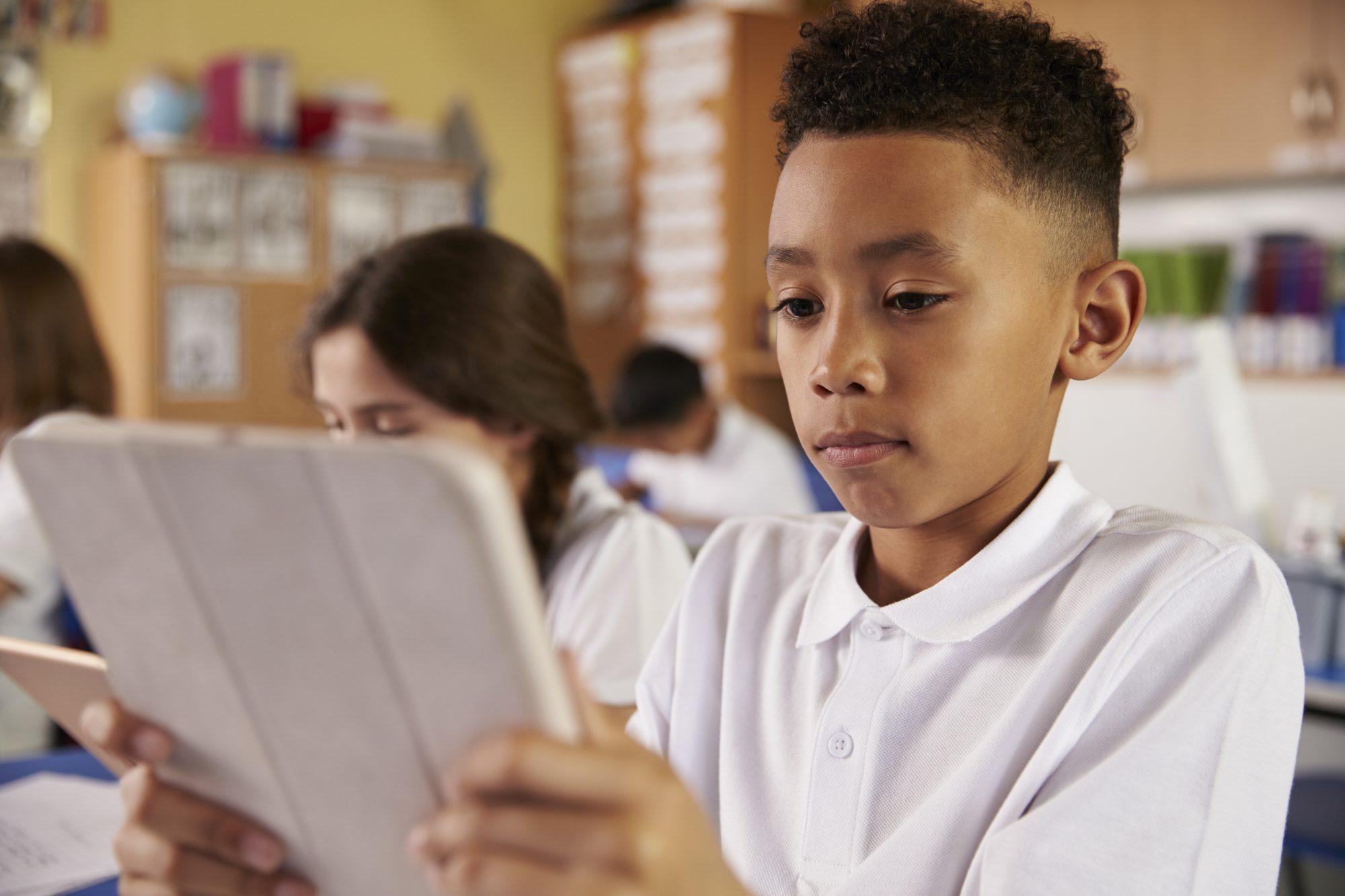
This trend of late diagnosis means that black students are vilified for acting out, rather than provided with help. Black people are denied the liberation that education is meant to provide, but education outside of the state, education that is anti-colonial, understanding, free and accessible can and does provide this. It’s important to note that separation does not mean segregation, as segregation is something that is done to a group of people in order to exploit and control them. Black people want academic freedom, to learn without abuse.
I ask you to support Black-led educational practices like The Free Black University, donate to them, raise money for them and look into the history of the supplementary school movement. Let us create a world where Black children do not fear going to school. A world where school frees them, challenges them and doesn’t break them. As Malcolm X said in 1970, “this word separation has been misused […] A better word than separation is independence.”

